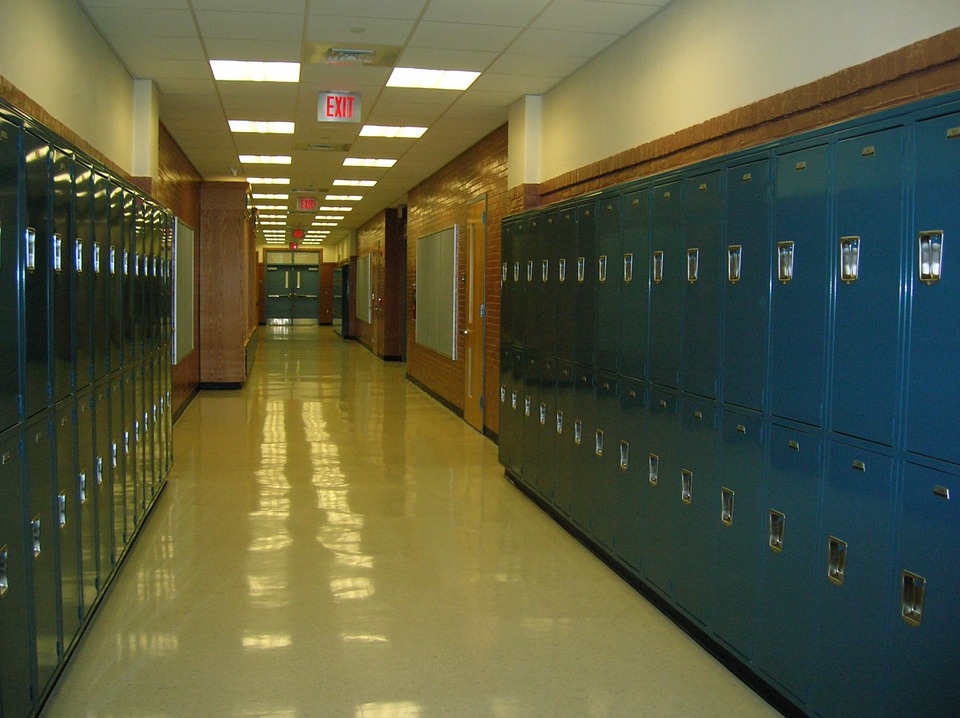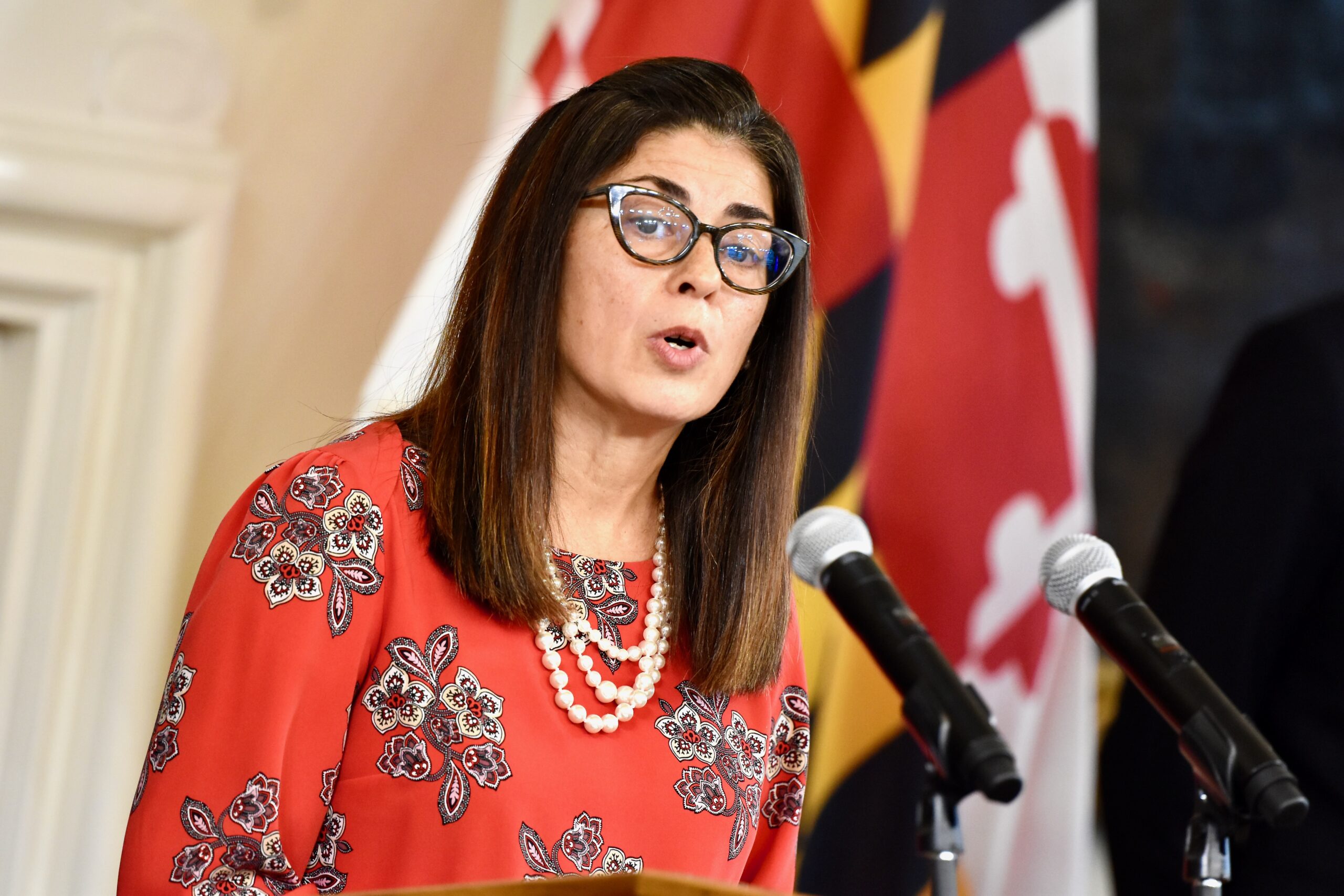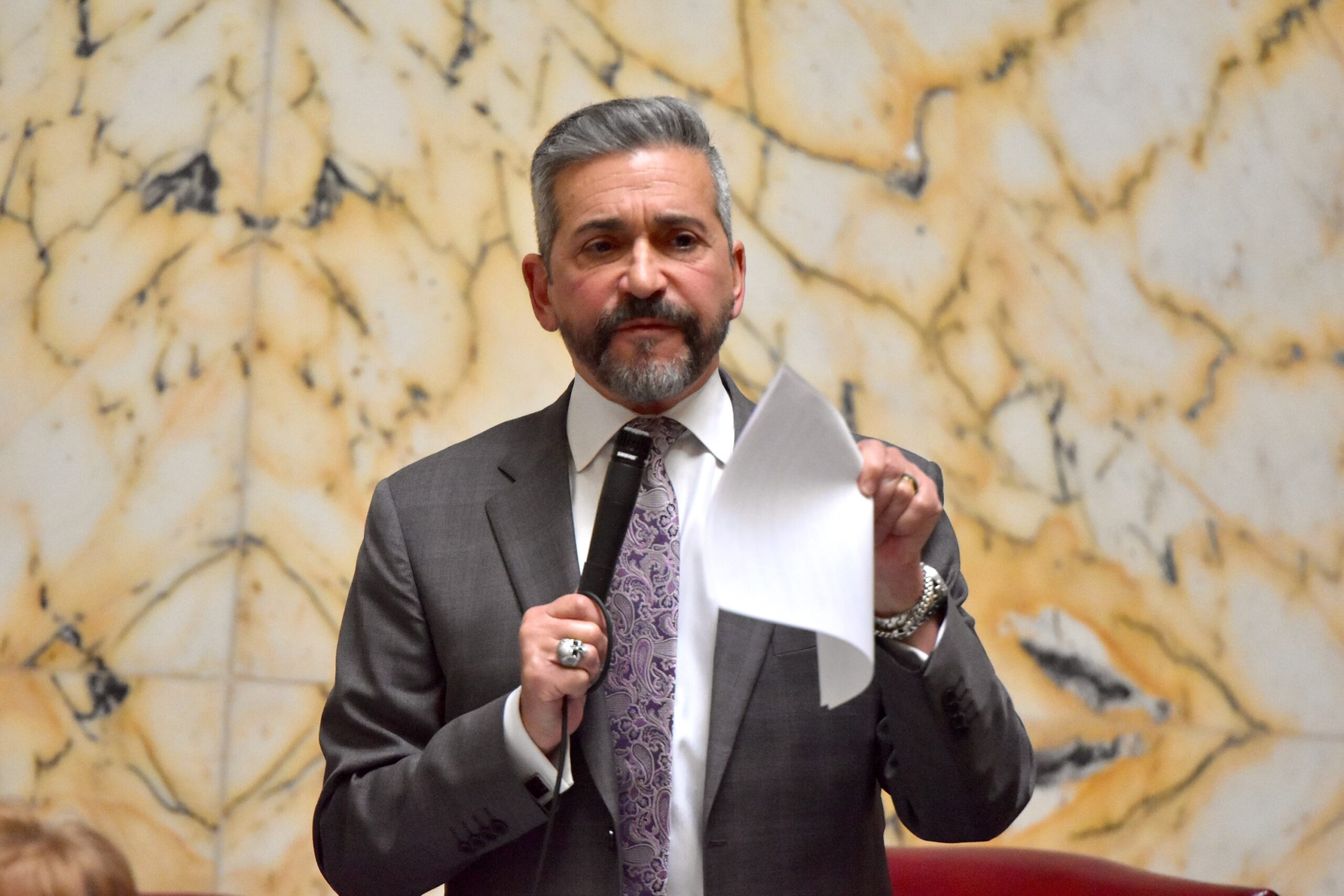Opinion: Is Increased Authority for Student Members of School Boards a Good Idea?

By Gene Harrington
The writer is a resident of Ellicott City.
The Maryland House of Delegate’s Ways and Means Committee will hear testimony Thursday on legislation that will fundamentally change the makeup and mechanics of almost every local board of education in the Old Line State.
Specifically, the panel will formally begin its consideration of House Bill 797 – a measure expanding voting rights for student members of local boards of education and officially add student members to boards that don’t legally recognize them.
Many school boards throughout the country have a student representative who participates in open meetings and casts advisory votes. Moreover, California, New Jersey, New York and Virginia all have laws in place regarding student representation on school boards. Maryland, however, is believed to be the only state in the country that permits 16- and 17-year-old student members to cast binding votes on many crucial issues.
Currently, state law permits student members of the board of education in eight jurisdictions – Anne Arundel, Baltimore, Charles, Harford, Howard, Montgomery and Prince George’s counties and Baltimore City – to cast binding votes. Most Marylanders are almost certainly not aware of this fact.
Anne Arundel’s student member already has the same standing as adult voting members while the Montgomery County student member’s authority matches what is proposed by HB797. The power of the other student members with binding votes varies from jurisdiction to jurisdiction but most lack the power to vote on budgetary matters, collective bargaining, school closings and reopenings, redistricting and personnel issues.
Maryland’s education code designates positions for non-voting student members on 12 other local boards of education. The laws overseeing the remaining four jurisdictions – Kent, Somerset, Washington and Wicomico counties – do not expressly reserve a slot for student members but those jurisdictions have informally added non-voting student members to their boards. Thus, every school district in Maryland allows for significant and meaningful student input as to how the school system is governed, even if they can’t cast official votes.
Under HB797, student members in the state’s 23 counties and Baltimore City would have the authority to vote on virtually every issue that comes before the board of education. This includes, among other matters, the capital and operating budgets; student disciplinary matters; school closings, reopenings and boundaries; collective bargaining decisions; appointment, salary and evaluation of the county school superintendent; all other personnel matters; school calendar and curriculum; and appeals of special education placements.
The legislation differs greatly from previous bills that have passed over the years authorizing voting rights for student members in the above eight jurisdictions. Those measures were sponsored and spearheaded by legislators from those jurisdictions. In HB797’s case, it was written by Majority Leader Eric Luedkte of Montgomery County, not delegates or senators representing the jurisdictions without voting student members.
Many local boards of education in Maryland have five to seven adult members. Adding student members to these boards has or would create an even number of members and by expanding voting rights for student members it only increases the likelihood of tie votes and gridlock.
Moreover, some counties – like Howard County, which has eight members, require five votes for passage on issues on which the student member can vote even if there are only six or seven members present.
Imagine how dysfunctional local boards of education will be when the student members can vote on every single issue. Furthermore, some of the smaller and more rural counties have two non-voting student members on their boards of education, meaning that two of the seven members will be teenagers who can’t legally vote in state and federal elections.
It seems disingenuous and intellectually dishonest for state lawmakers to push so aggressively for laws granting student members the right to vote based on other policies they have put in place.
For many years, 16-year-olds in Maryland had full driving privileges once they passed their driver’s test. In 1998, however, Maryland enacted a graduated driver’s license law limiting the driving rights of 16- and 17-year-olds after a spate of serious car accidents involving teenage drivers. Subsequent legislation passed in 2005 and 2009 banned 16- and 17-year-olds from driving between the hours of midnight to 5 a.m. and transporting non-direct family member passengers without the supervision of someone 21 or older, prohibited drivers younger than 18 from using cell phones at all, and increased the age for a full driver’s license to 18.
These laws weren’t enacted because 16- and 17-year-olds aren’t physically able to drive but rather because lawmakers questioned their judgment and felt that they were also subject to peer pressure that led to poor decision making.
As such, it seems irreconcilable that the same Maryland legislators who do not trust or believe 16- and 17-year-olds are responsible enough drive two or three friends a few miles to sports practice somehow think those same people have the prudence necessary to vote on $1 billion budgets and other complex and controversial issues.
Maryland’s education code precludes teachers, principals and others subject to the authority of local boards of education from serving on such bodies. This law was enacted to avoid the obvious conflicts of interest that would arise if school employees served on the board of education. Only students are exempt from this restriction. Yet, voting student members in some counties have made motions to not have final exams or homework. The adult members on those boards didn’t even note that the student member taking such an action could have the appearance of a conflict of interest.
Expanding the issues on which a student member’s vote will only increase the opportunities for conflicts of interest. Just imagine a student member voting on disciplining a student they know or go to school with or voting on curriculum or redistricting that could impact a sibling or friend.
Finally, it must also be asked how much independence a student truly has when they must get permission from their parents and the blessing of school administrators to run to be a student member of the board.
For years then-state delegate and state senator and now Maryland Attorney General Brian Frosh objected to student members having a binding vote and the authority to vote on budgetary matters.
“These are great kids and they’re really sincere and really competent, but this is undemocratic,” then-state Senator Frosh told The Gazette in March 2011. Frosh went on to point out that Montgomery County’s student member is elected by students who are ineligible voters, do not pay county taxes and may not be up to participating in contentious debates such as redistricting.
“The hardest part of our job here is to say no and you don’t learn that before you graduate high school,” Frosh further told The Gazette.
Having 16- and 17-year-olds serve as public officials is the textbook example of putting the cart before the horse. Teenagers should have the life experience of casting a ballot in a state election before making the deciding vote on a budget or controversial issue like whether to keep school resource officers in schools. Indeed, it sure seems more logical to grant 16- and 17-year-olds the right to vote in state elections before electing them to public office.
In fact, HB797 and other more narrowly written bills granting increased authority to student members in Howard and Baltimore counties and Baltimore City are being considered even though the Maryland Court of Appeals is currently considering a case challenging the constitutionality of the state law authorizing Howard County’s student member the right to cast binding votes.
Under the statute in question, 11- to 17-year-olds elect a 16- or 17-year-old to serve on the Howard County Board of Education. The plaintiffs – two Howard County parents – contend that the law is invalid because the state constitution requires both voters and elected officials to be at least 18. (Maryland courts have repeatedly deemed that county school boards are state agencies, albeit ones with local flavor.) The court is expected to issue its ruling sometime by the end of the summer.
A decision striking down the law would most certainly impact the other student member laws – especially the law pertaining to the Montgomery County student member – which is also elected by the county’s sixth- to 11th-graders.
Regardless of the Court of Appeals’ ruling it only seems fair and appropriate to put to the voters the express issue of whether 16- and 17-year-olds can vote in statewide elections, 11- to 17-year-olds can elect or select a student member of a local board of education, and if 16- and 17-year-olds can serve in such a role.
After all, if issues such as sports gambling and recreational marijuana legalization are important enough to be decided by the state’s voters one would think an issue as vital as determining who gets to pick members of local boards of education and who gets to serve on such governing bodies would also be a matter the state’s voters need to weigh in on.
Here’s hoping state lawmakers will soon give the citizens of Maryland that opportunity.




 Creative Commons Attribution
Creative Commons Attribution